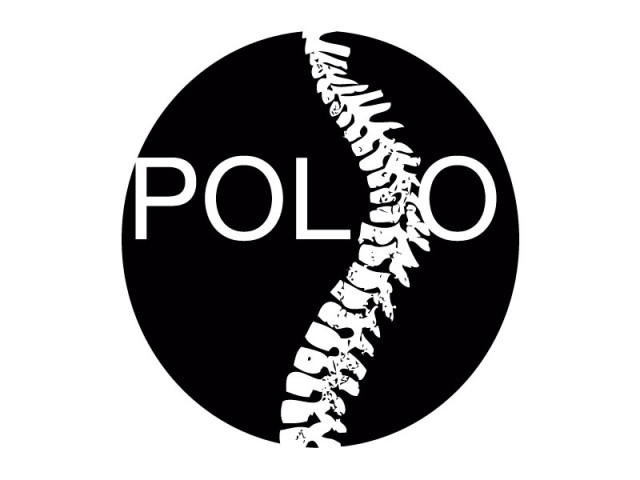Another controversy?: Let’s blame it on the ‘ineffective’ polio drops
Sindh health department officials blame efficacy of polio drops to hide their inability to administer vaccines.

In an apparent attempt to cover up the inefficiency of the anti-polio drive in the metropolis, officials of the provincial health department have set out to conceal the rising number of vaccination refusals while raising questions over the efficacy of the vaccine, The Express Tribune has learnt on Sunday.
The controversy emerged on October 23 with the latest confirmation of polio virus in two siblings - three-year-old Umair Ajmal and one-year-old Kashif Ajmal - of a Pukhtun family residing in Korangi Town, bringing the number of children crippled by the disease this year to 21 in Karachi alone.

The rising number of polio cases due to vaccination refusals in Gadap Town and other high risk areas of Karachi had put a question mark over the performance of the Sindh health department that had hired dozens of communication officers on lucrative salaries with the support of the United Nations Children's Fund for social mobilisation and creating awareness in parents in the areas where refusals were common.
The emergence of two new cases compelled the health department officials to weave a controversy around the medical history of the polio victims as they fed the media that both the victims had contacted the crippling disease despite being vaccinated at least thrice during routine anti-polio drives.
"We have not received any information about vaccination refusal in the recent case of polio virus in two siblings," said Dr Durre Naz Jamal, the provincial deputy project director for the Extended Programme on Immunisation (EPI) when approached by The Express Tribune. "The [medical] history available with us confirmed that both the children had been vaccinated during our [anti-polio] campaigns."
However, the preliminary reports of urgent acute flaccid paralysis in the case of two siblings that were prepared by the provincial health department investigators revealed that the officials had attempted to conceal the vaccination refusal.
The reports, copies of which are available with The Express Tribune, were sent along with the victim's stool specimens to the National Institute of Health's polio laboratory in Islamabad for confirmation of the disease.
The reports, while categorising the cases as 'refusal', stated that both the children had not received a single dose of polio vaccine during the last six vaccination rounds and supplementary immunisation activities.
"As per the mother's statement, the father [Ajmal Khan] had strongly told the family to not open the door for the [polio] vaccination teams and do not allow them to give drops," stated the reports about the family that hails from Mohmand Agency and residing in Karachi for around 10 years. "Although [the family] mentioned that the children have received routine vaccines, usually it is observed that such families allow other injectable vaccines but refuse giving [polio] drops."
The children’s medical history casts serious doubts over the performance and claims of the provincial health department that children were being immunised in the high-risk areas.
“Of all 21 polio cases in Karachi, 19 are due to vaccination refusal,” said an official of the Sindh EPI, while requesting anonymity. “This means that over 95% cases in Karachi surface because the families refuse polio vaccinations. This is a simple case of inefficiency because we are failing in effective advocacy despite having access to the high-risk areas.”
Published in The Express Tribune, October 27th, 2014.



















COMMENTS
Comments are moderated and generally will be posted if they are on-topic and not abusive.
For more information, please see our Comments FAQ